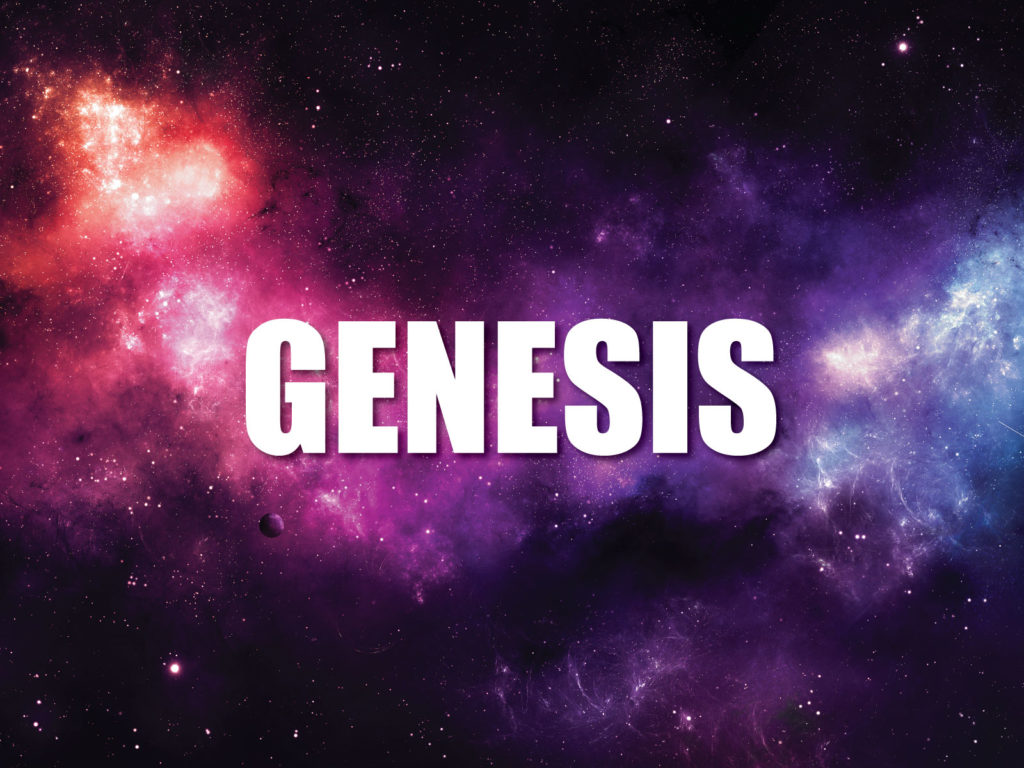But the LORD remembered Noah.
The story of the flood is, on one level, a story about Noah. Certainly Noah, as an upright and godly man, ought to be carefully considered by Christians. However, the story of the flood generally, and the story of Noah specifically, is ultimately about God. Like all of the events recorded in the Bible, the story of Noah is another important way in which God further identifies and reveals himself in the early chapters of the Bible. And fundamental to that revelation of the Almighty is this simple sentence on which the structure of Genesis chapter 8 is built: “God remembered Noah” (vs. 1).
Unlike our English word “remember,” which usually suggests that something has first been forgotten, the Hebrew word, especially when used in reference to God, signifies acting on a previous commitment to a covenant partner, a person to whom God had made a promise (Waltke, 140). In the early chapters of Exodus we read that Israel was delivered from slavery in Egypt because the Lord remembered his covenant with Abraham. Again, the Lord did not “remember” something which he had forgotten. God’s knowledge is infinite like everything else about him. He knows all things at once; past, present, and future are equally present to the Lord. Unlike us he never has to dredge up a thought from the recesses of his mind. So when the inspired writer tells us that the Lord remembered Noah we are meant to understand that the Lord acted once more upon his promise.
The Lord’s judgment, though good and necessary, does not cleanse sinners of their sin. Indeed, following the flood sin persisted and does to this day. And that is why the hope for sinners is found not in their own obedience but in the Lord’s blessed “remembering” of the promise he made to save his people from their sin.
When you pass through the waters, I will be with you;
and through the rivers, they shall not overwhelm you;
when you walk through fire you shall not be burned,
and the flame shall not consume you. (Isaiah 43:2)
More From This Series

Genesis
- Part 31: The Call of Abram 03/15/20
- Part 30: Grace Greater Than Our Sin 03/08/20
- Part 29: Leaving Babylon 02/23/20
- Part 28: The Earth is the Lord’s 02/16/20
- Part 26: Life Under the Rainbow 02/02/20